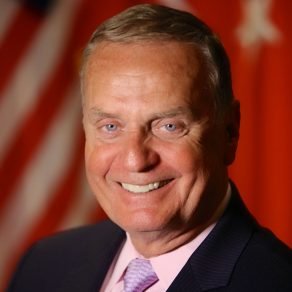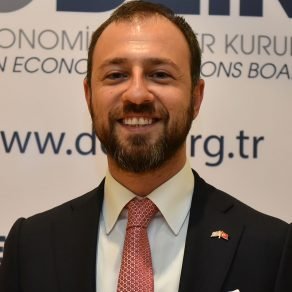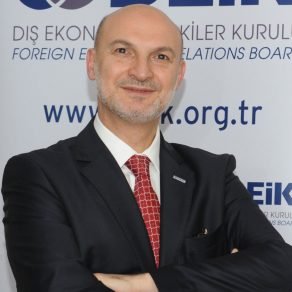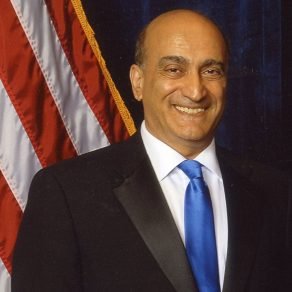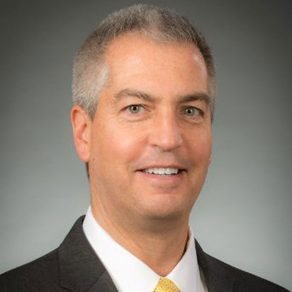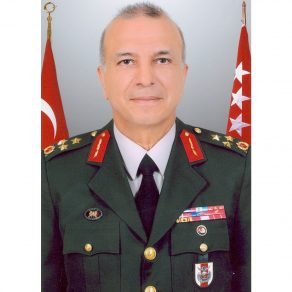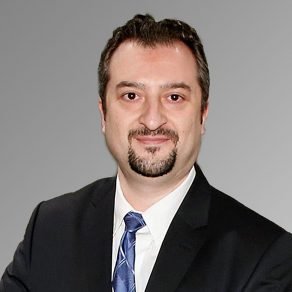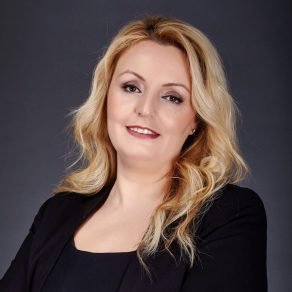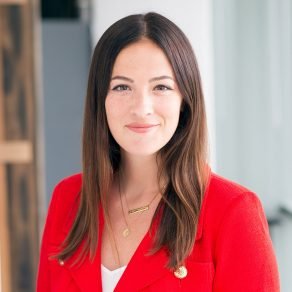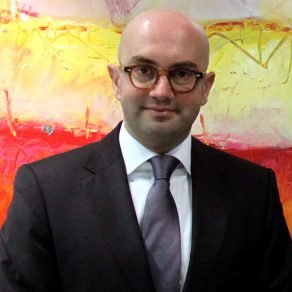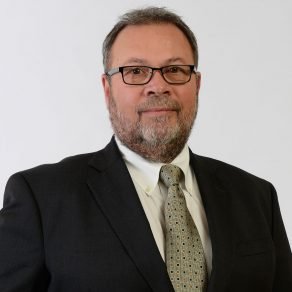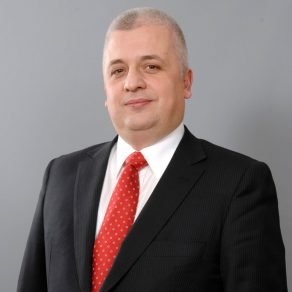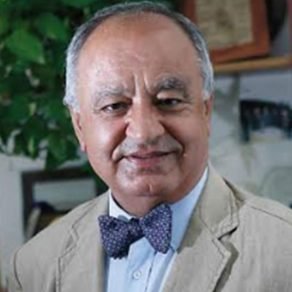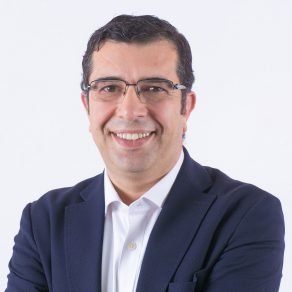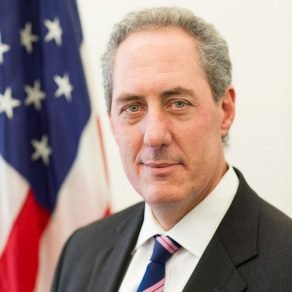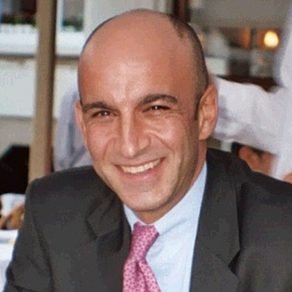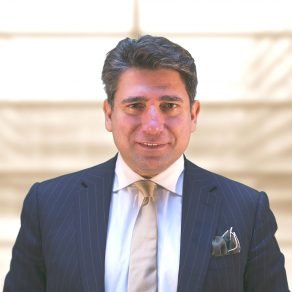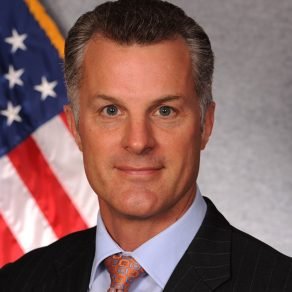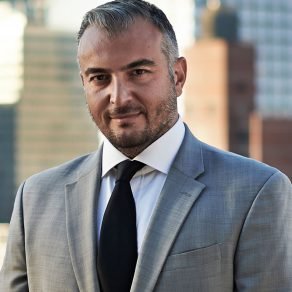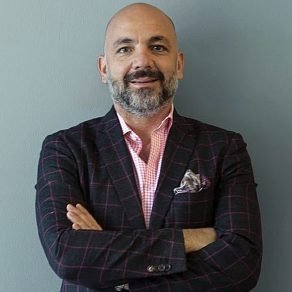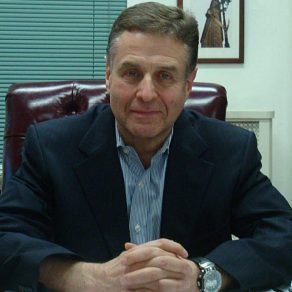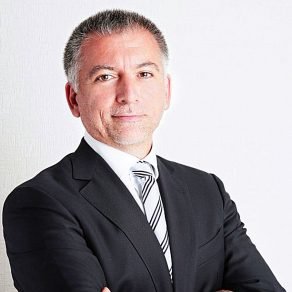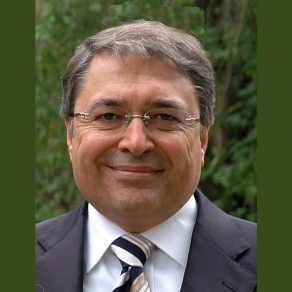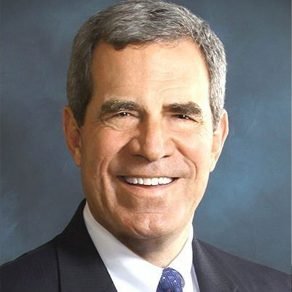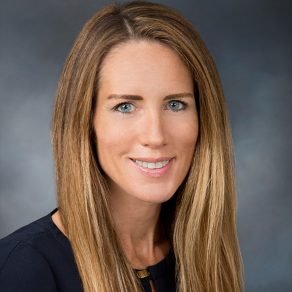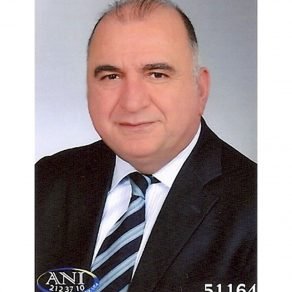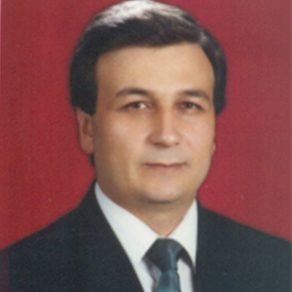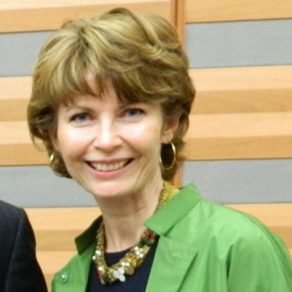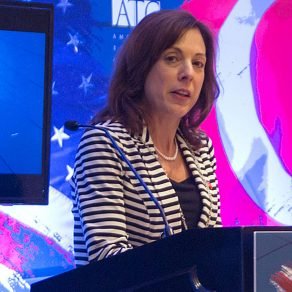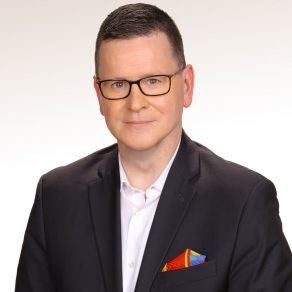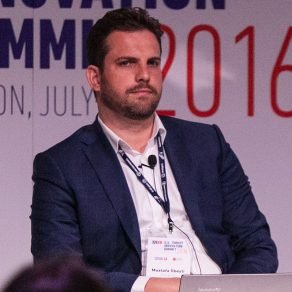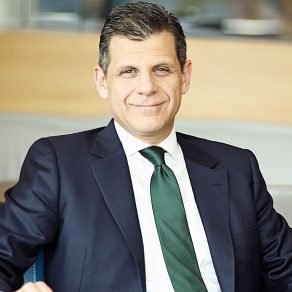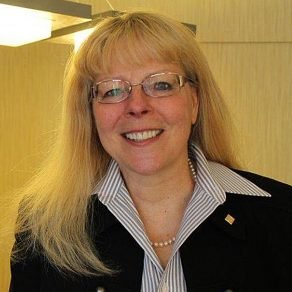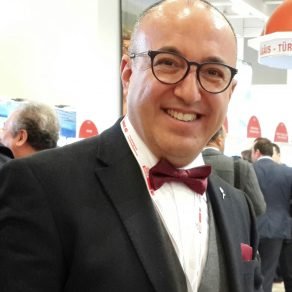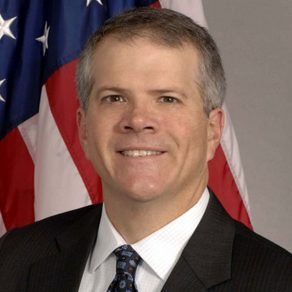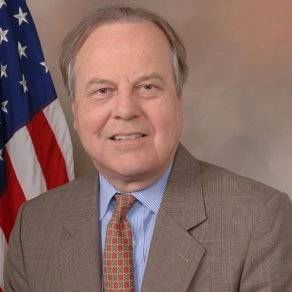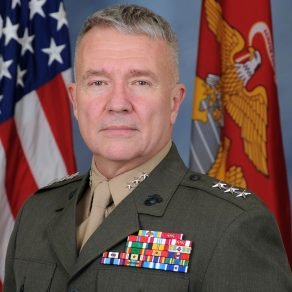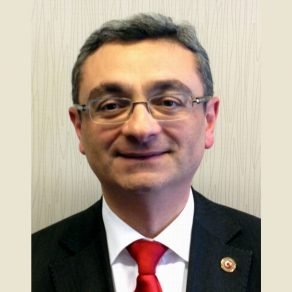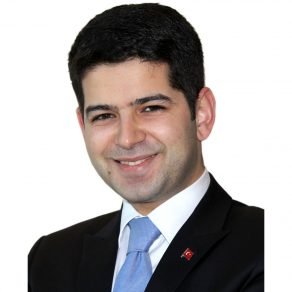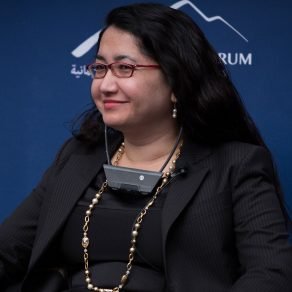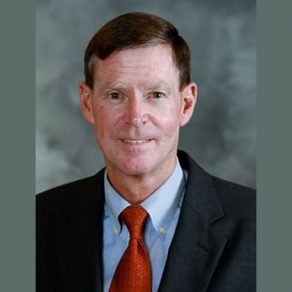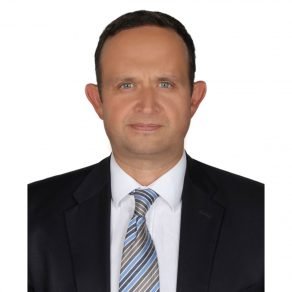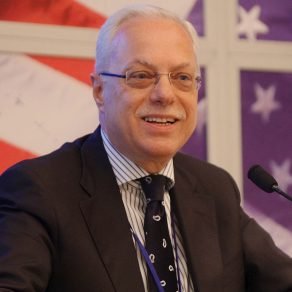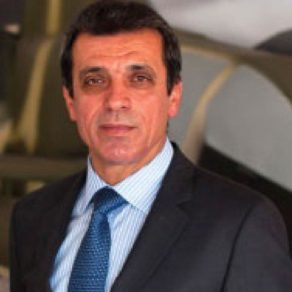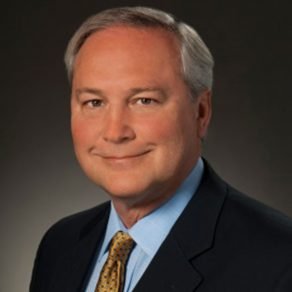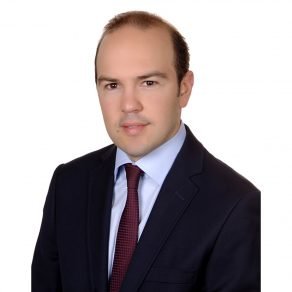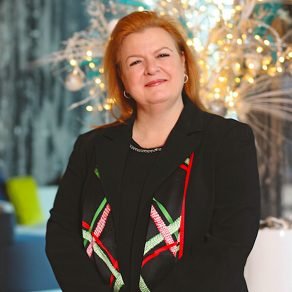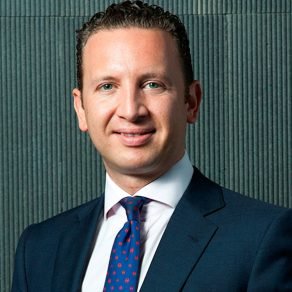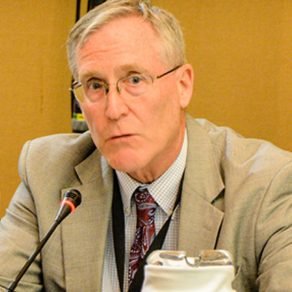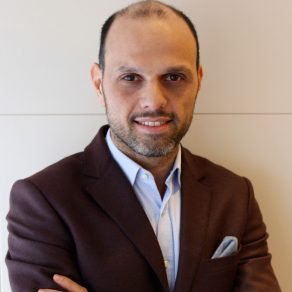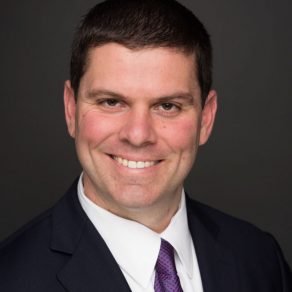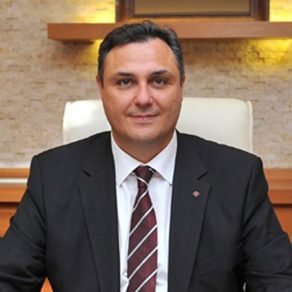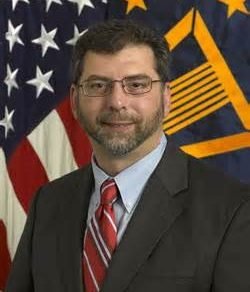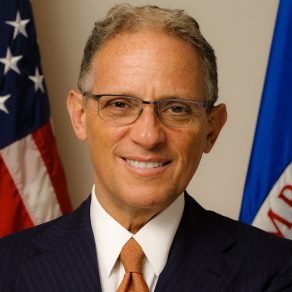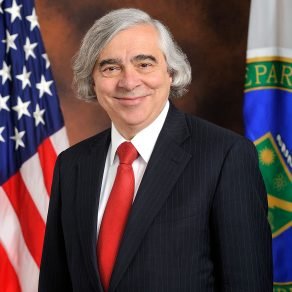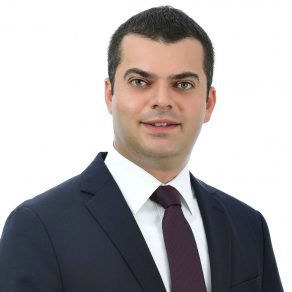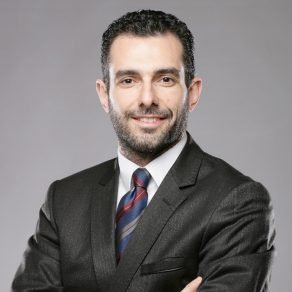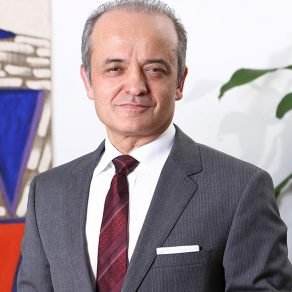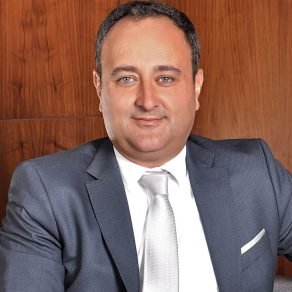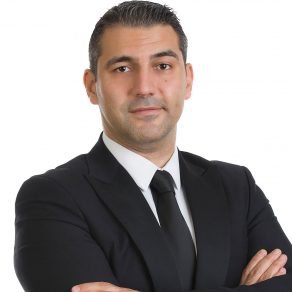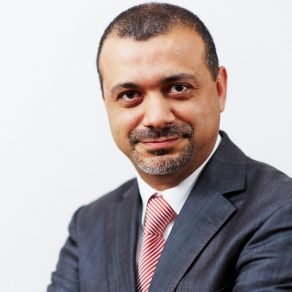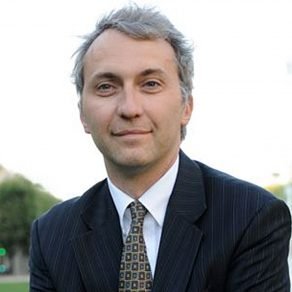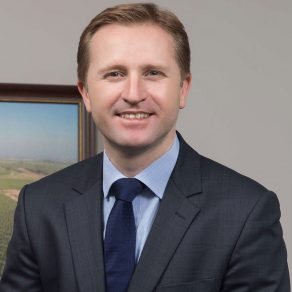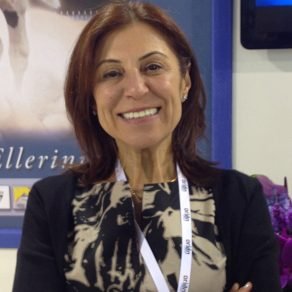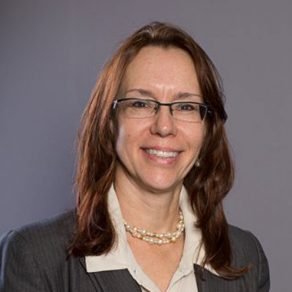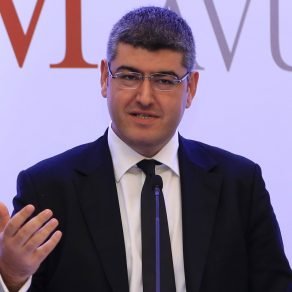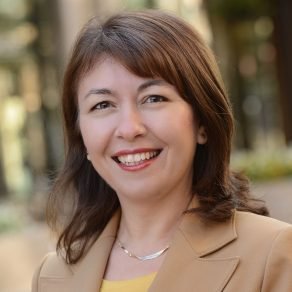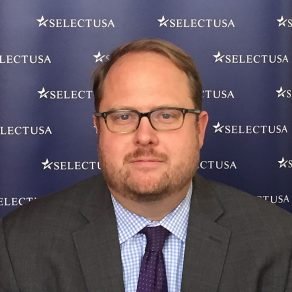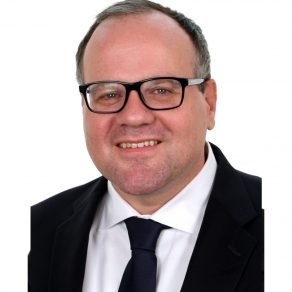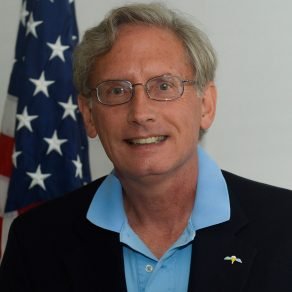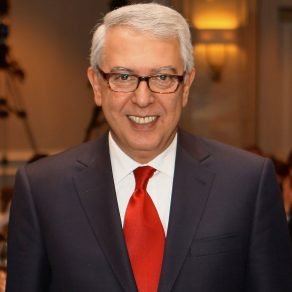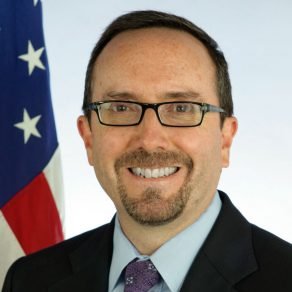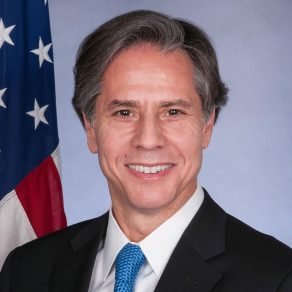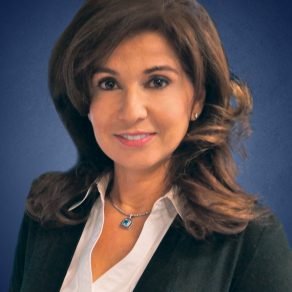Download the Schedule (PDF)
Latest update: October 30, 2016 1:03PM EST
You can register on site starting on Sunday, 4:00 PM, at the Foyer.
Bi-Annual Meeting of the American-Turkish Council Board of Directors meeting. Closed session.
This one-on-one interview will address many aspects of the coup attempt, particularly focusing on what it means for Turkey’s business environment and foreign direct investment in the country.
Plenary I [Political Landscape Forum]
This opening plenary session will focus on the November U.S. Presidential election and the impact of the next administration on U.S. foreign policy. What will be the effects of the next administration on the dynamic relationship between the U.S. and Turkey?
(A1) [Defense 1]
After the failed coup attempt in July 2016, Turkey has undertaken an aggressive reform and realignment of roles and responsibilities within the Ministry of Defense. The Turkish General Staff, J-5 will lead off the discussion by address the Turkish Armed Forces modernization efforts and goals for the near term and in the future. The conversation will then turn to the increased responsibility of Turkey’s Under Secretariat for Defense Industries (SSM) for national security-related procurement programs and defense industrial base matters. Finally, we will discuss the U.S. State Department and Department of Defense review of Security Assistance Programs, with particular emphasis upon the Foreign Military Sales Program, to streamline and improve the responsiveness of these programs providing a detailed examination of reform efforts and the potential implication for future Defense Industry Cooperation.
(A2) [Retail and Manufacturing]
Turkey’s manufacturing industries are diverse and growing, and are increasingly looking to expand into the U.S. market. However, Turkish companies have preferred exporting to the Middle East and Europe due to the large scale of the U.S. market, which creates low retail margins, and the lack of logistical infrastructure in the U.S. This session will address the opportunities and market-oriented challenges Turkish firms face in the U.S., and will provide ways to overcome these barriers.
(A3) [Healthcare]
Today, over 42% of the Turkish population has access to internet, making it a promising factor for telemedicine in Turkey. The domestic telemedicine market focuses on the development and enhancement of production facilities, factories, and market in the country. This session will address Turkey’s fast growing telemedicine sector and the way in which the U.S. and Turkey can collaborate. Participants will learn of the advancements in medical technologies and the barriers to entering the Turkish market.
(B1) [Construction and Infrastructure]
Turkey’s construction industry plays a significant role in contributing to the country’s recent economic development.Turkey’s construction firms have for decades been increasing their footprint outside the country’s borders. This session will examine how to channel funds to current and future infrastructure needs in Turkey, and will explore the avenues for U.S.-Turkey cooperation.
(B2) [Investment and Real Estate]
Turkish capital investment in the U.S. has been steadily increasing over the last few years. Over the last few years, the real estate market has been particularly attractive to Turkish investors. This panel will address the growth of Turkish investment in U.S. real estate and will provide recommendations for the challenges faced by Turkish investors. Expert panelists will additionally discuss sensitive taxation and reporting requirements for Turks.
(B3) [Food Industry]
Turkey currently acts as a regional hub for the production, processing, and export of foodstuffs to large European and Middle Eastern markets. Its agricultural diversity and amenable climate allow it to produce a sustainable supply chain of raw inputs for its processing industry, facilitating its status as a large net exporter of food and beverages. Over the next thirty years Turkey’s food and beverage market has the potential to continue to expand as it is well positioned to meet rising demand, both domestically and internationally. Growing populations, rising incomes, urbanization and the increased coverage of organized retail should present particular opportunities in the processed, packaged and frozen food sectors.
(C1) [Defense 2]
This panel will focus on existing cooperative initiatives and continued joint efforts between key defense industrial concerns and the prospects for building on past and existing programs to expand into other developing areas such as cyber, composite materials, drones, and more. Despite past and ongoing successes, challenges remain and require illumination, understanding and resolution, so that growth can continue.
(C2) [Trade]
Governments whose industries have succeeded in increasing their share of foreign markets have developed sophisticated export promotion strategies. These strategies align the composition of their exports with that of the target imports through promotion of selected industries and products for which there is continued and increased demand. This panel will discuss the tools Turkey and the U.S. can use to adjust their export promotion strategy, entice foreign investment, and balance bilateral trade.
(C3) [Tourism]
Turkey’s tourism sector is facing one of its most difficult years. Following Russia’s tourism ban to Turkey, the terrorist attacks in Istanbul, bombings in Ankara, and the attempted military coup, the pressure on the Turkish tourism sector has intensified. Despite the challenging situation, there are reasons to be optimistic about the country’s long-term prospects as a holiday and business travel destination. This session will address the current state of Turkey’s tourism sector and trends impacting it, as well as the Turkish government’s efforts to ensure the sustainability of the industry.
[Interview]
An interview, with high level officials, who will discuss the U.S.-Turkey strategic relationship, the seminal role that our NATO partnership has played in the bilateral relationship, and the global balance of power and the future direction of the relationship.
In this pre-recorded message from Minister Zeybekci, he will address Turkey’s macroeconomic success and set the stage for the second plenary session.
Despite an increase in terrorism and the continued regional instability, Turkey’s economy has shown resilience and growth over the last year. Tuesday’s opening plenary session will examine how Turkey’s strong economy survives and how it overcomes challenges. Experts will discuss what reforms Turkey will have to make to ensure the survival of certain industries, and will predict economic trends for 2017.
(D1) [Defense 3]
For more than 30 years, the cooperation between companies from the U.S. and Turkish defense sectors has led to significant growth and development of the Turkish defense industrial base while creating a consistent and reliable market for U.S. companies. In the future, what will be the new paradigm of this relationship? This panel will explore how U.S. and Turkish companies can share the roles of R&D, end product development, and production to reach new levels of innovation and open new markets for both countries.
(D2) [Energy]
The Turkish government has made it a priority to achieve 30% renewable energy production by 2023. Turkey’s initial step towards a more reliable energy policy to increase the country’s renewable energy sources amplifies the potential for bilateral trade and investment between the U.S. and Turkey. At the same time, there has been a steady growth in the U.S. renewables market, which provides an opportunity for Turkish investment in the U.S. This session will address the incentives, opportunities, and challenges available for investors in both the U.S. and Turkey.
The financial technology (fintech) sector refers to the application of technology innovations within the financial industry. These innovations are most often created by start-up and technology companies to serve customers in an agile and efficient way so as to generate savings for financial organizations. This short presentation will address the fintech ecosystem in Turkey as well as the government’s ongoing ambitious efforts to make Istanbul a global financial center and become the world’s first cashless country by 2023.
(D3) [Cybersecurity]
In today’s world, data is arguably our most precious resource. The dynamic development of cyberspace has had an increasingly powerful influence on societies and economic prospects and has created new opportunities for businesses. U.S.-Turkey relations can benefit from an effective network of information sharing through the development and implementation of new communication and data protection technologies, but doing so may leave both sides susceptible to security threats. This session will address how U.S.-Turkey collaboration can help embrace future challenges and allow for the creation of more effective security strategies, the design of new concepts and ideas in cybersecurity and IT education, and the establishment of cybersecurity hubs.
(E1) [Investment Opportunities, Banking, Finance]
Large scale infrastructure and transportation projects are progressing rapidly throughout Turkey. However, financing these projects are sometimes the biggest obstacles to overcome. Turkey’s newly announced Sovereign Wealth Plan will aim to eliminate some of the issues associated with financing and is also expected to turn domestic firms into global players. This panel will address what measures Turkey is taking to finance its megaprojects and the role the Sovereign Wealth Plan will play.
Training and development of the workforce in today’s fast business pace is always a challenge. The new learning paradigm includes both formal and informal for the always-online millennial generation. Businesses and government agencies need to provide professional training with engaging, hands-on tools and a personalized, interactive online learning environment. Hear from Blackboard’s institutional training experts on how you can provide interactive training and development while creating a measurable impact on your business goals.
(E2) [R&D and Innovation]
Industrie 4.0 promotes the computerization of manufacturing that enables factories, machines, raw materials, and products to communicate within an “Internet of things” and cooperatively drive a highly flexible, individualized, and resource-friendly mass production. Turkey has embraced foreign investment in technology development and business growth by encouraging collaboration with government, industry associations, and universities to strengthen industrial capacity, encouraging IP development and entrepreneurship, and stimulating strategic clustering of value-added supply chains. This panel will address the opportunities and challenges of the digital transformation in Turkey, particularly as it relates to the advanced growth of manufacturing.
(E3) [Agribusiness]
Increases in population and food consumption are a threat to food security in the U.S., Turkey, and throughout the world. In order to increase agricultural productivity to meet local and global needs, application of precision agriculture technologies will play a vital role. Despite many challenges, the market presents numerous opportunities for collaboration, partnership and business development. This session will address the cutting-edge technologies in the agriculture sector and incentives offered by the U.S. and Turkish governments for farmers and potential agribusiness investors, as well as the importance of building strategic partnerships between Turkey and the U.S.
[F1]
This workshop will address key topics in export management, compliance, and offset legislation. Learn from experts on specific U.S. and Turkey requirements and understand how you can successfully employ these tools.
[F2 Workshop]
In this workshop, participants will: deepen their understanding of cultural, administrative, geographic and economic nuances in the U.S., understand how building an organizational “innovation and growth system” mentality can help achieve fast, efficient, lasting market entry, and identify information gaps and data collection processes for critical decision making when planning for and executing market entry.
[F3 B2B]
A great opportunity to network and meet individuals from your industry. Tables will be set up based on sectors and companies are encouraged to use the time to meet informally, connect, and exchange ideas.
Providing each member their own personal stylist, Trunk Club offers men and women, a customizable, guided experience that helps them look great. Along with nationwide trunk shipments, men and women can shop in-person at the Trunk Club’s brick and mortar clubhouse in Washington, D.C. Join us on Tuesday afternoon for a unique shopping experience!
Gallipoli, Command Under Fire
Professor Edward J. Erickson will discuss his new book Gallipoli, Command Under Fire published by Osprey Press. The existing history of the 1915 Gallipoli Campaign does not clearly address operational decision-making. The question that Erickson seeks to answer is ‘to what extent did decision-making processes at the operational level of war affect the outcome of the Gallipoli campaign?’ Professor Erickson will discuss how Ottoman operational commanders made decisions; balanced ends, ways and means; and influenced the successful outcome of the Gallipoli campaign.
Number of participants is limited!
Don't miss your seat. Join the discussion in Washington, DC now.

Welcoming remarks will be delivered by our Chairman,
General James L. JonesDay 2, 09:00, Salon I & II
General Jones - sought-after by, and distinguished among, politicians of every stripe - offers a vast wealth of knowledge and speaks with poise and authority about national and international security, energy, and leadership requirements for success in the 21st century. General Jones joined the American-Turkish Council in January 2014 as Chairman.

